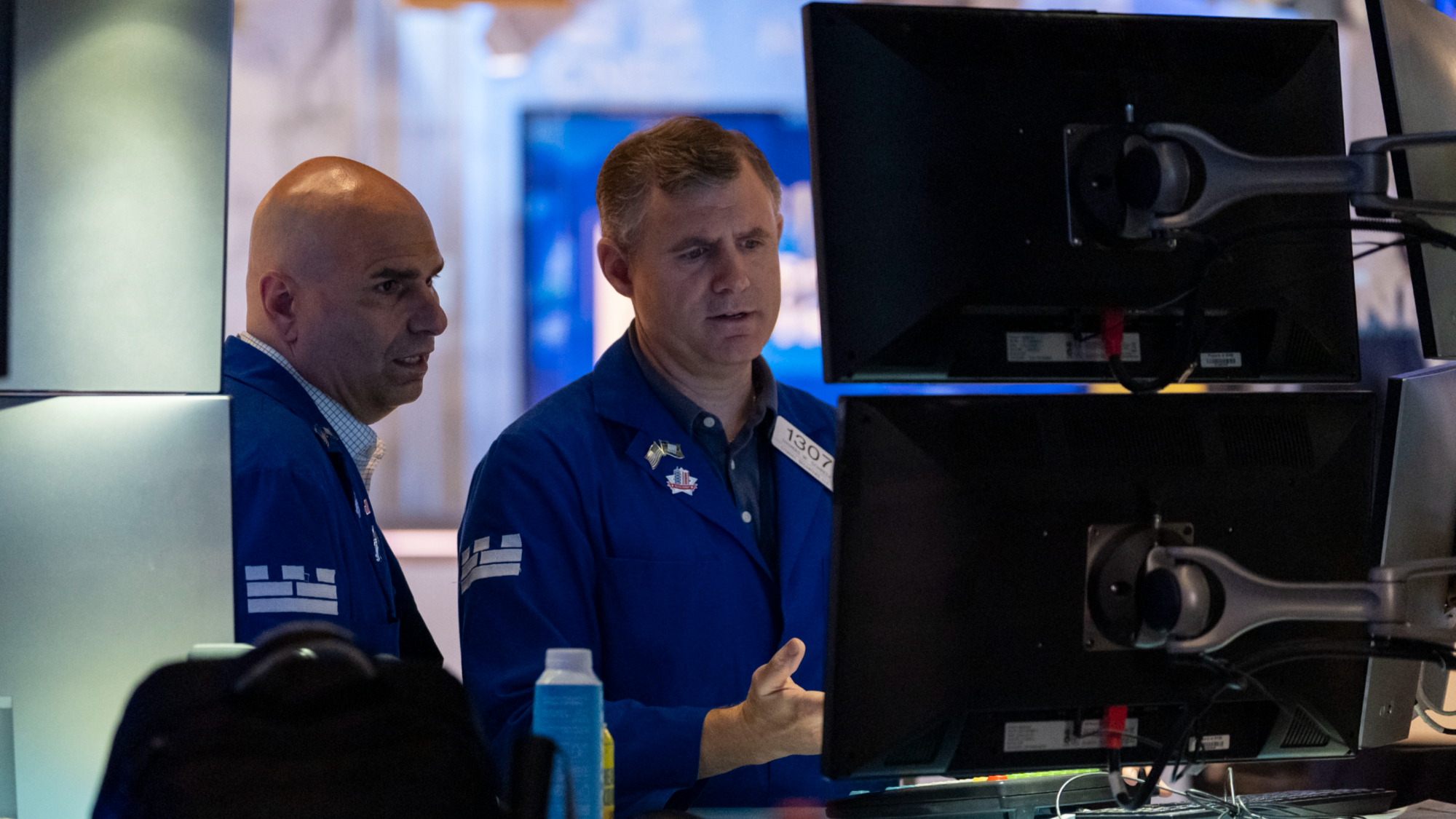
Global ex-US equity funds received their biggest inflows in more than four-and-a-half years in July, as investors redirected capital away from the United States (US) on concerns over the economy, stretched stock values, and a weakening dollar.
These funds began seeing inflows earlier this year as US President Donald Trump's economic policies hurt the appeal of US markets.
But the steep gains in July suggest a sustained shift towards diversification, particularly into Europe and emerging markets benefitting from easier monetary conditions and improved growth prospects.
READ MORE: US stocks slump as recession risks weigh on investors
According to LSEG Lipper, global ex-US equity funds secured an inflow of $13.6 billion in July, the highest since December 2021. In contrast, US-focused equity funds saw $6.3 billion in outflows, marking their third straight month of redemptions.
"While tariff de-escalation was a tailwind in the second quarter, unresolved trade negotiations and policy deadlines approaching in the early third quarter pose ongoing risks," Shelton Capital Management Chief Investment Officer Derek Izuel said.
"Persistent uncertainty could reignite flows out of US equities, particularly if growth differentials continue to narrow or the Federal Reserve maintains restrictive monetary policy."
The divergence in performance has been another key driver of outflows from US equities, with the MSCI Asia Pacific ex-Japan index up around 14 percent and the MSCI Europe index gaining more than 19 percent this year, outpacing the S&P 500's 7.2 percent rise.
Furthermore, the dollar has declined about 10 percent this year, amplifying returns for US investors from international markets.
READ MORE: Stocks drift lower on lack of trade progress, dollar slips
Jim Smigiel, chief Investment Officer at SEI, said that while global diversification remains a key focus, it is too soon to tell if recent flows mark a sustained shift.
"We see this recent trend as more of a strategic rebalancing to neutral positioning from a geographic perspective and less of an adoption of any underweight to the US," he said.
The forward 12-month price-to-earnings ratio of the MSCI US index stood at 22.6, much higher than MSCI Asia's 14.4, MSCI Europe's 14.2 and MSCI World's 19.7.


